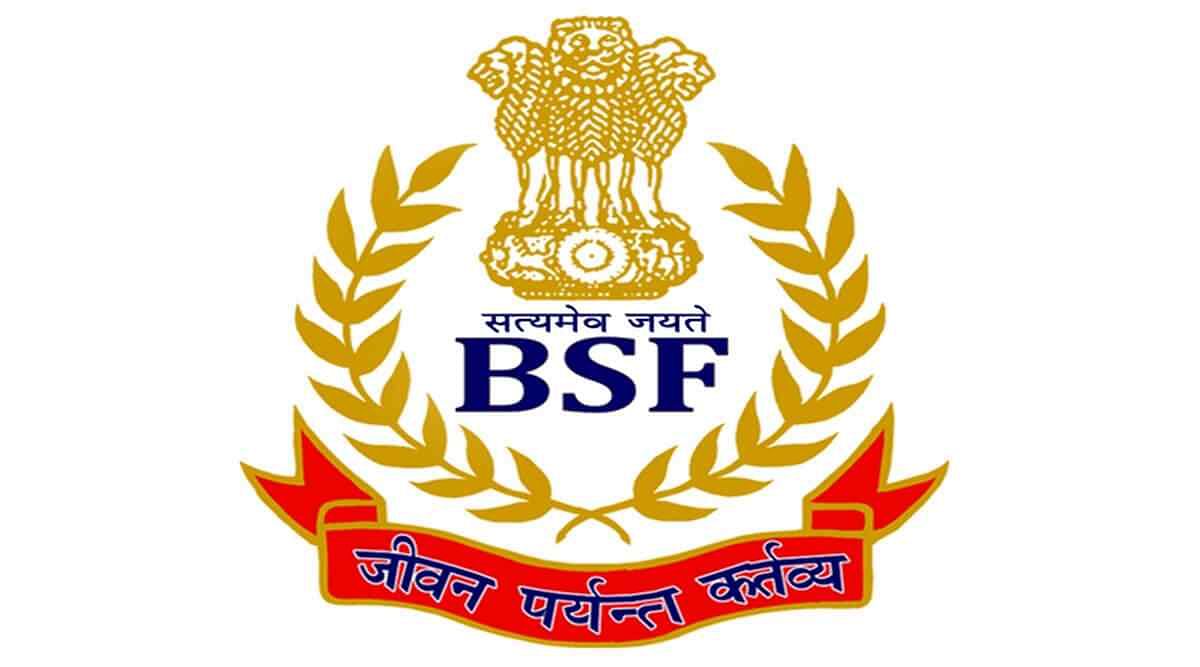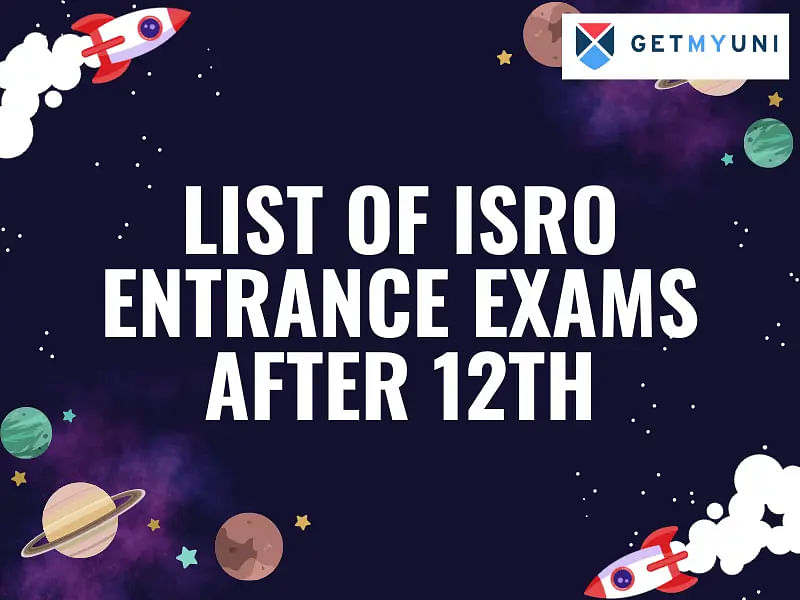How to crack UPSC? Students need to follow a study plan, revise often, eat healthy, understand the syllabus and technicalities of the DAF.
How to crack UPSC? Students must devise a preparation strategy like staying up-to-date with current affairs, polishing foundation topics, taking mock tests, spending sufficient time sharpening their writing skills and more. Being one of the toughest exams to crack, devising healthy study habits is essential for aspirants. Besides focusing on the technicalities of the UPSC exam, students must take care of their physical and mental well-being.
Top 10 Tips and Techniques on How to Crack UPSC
Candidates often wonder how to crack UPSC on the very first attempt. It is possible to clear the UPSC IAS exams with effort, focus and dedication. Some tips that candidates must note and implement in their UPSC journeys are mentioned below.
- Create Strong Foundations on Basics
- Design a Study Plan
- Strengthen Current Affairs Knowledge
- Appear for Mock Interviews
- Understand the Importance of DAF
- Create a Timetable
- Discuss with Peers and Mentors
- Sharpen Answer Writing Skills
- Make Time for Revisions
- Check Previous Years' Trends
1. Create Strong Foundations on Basics
Students preparing for UPSC exams often don't focus on strengthening their basics. If students are clear with their basics, studying complex topics gets easier. Therefore they must acquaint themselves with the syllabus, mark out the foundational topics, understand them and then jump to complex subjects.
2. Design a Study Plan
Aspirants must divide the syllabus into Theory and Aptitude based material. Hence, they must first equate their time on theory subjects such as History, Economics, Geography, etc. and later, into an aptitude test that requires intelligence more than time. However, revision is key. Therefore, a certain amount of time must be dedicated to revising topics studied daily.
3. Strengthen Current Affairs Knowledge
To know how to crack UPSC, students need not only focus on theory papers but also stay updated on the current state of affairs on national and international levels. Therefore, reading newspapers and magazines and watching news from different sources and spectrums is important. However, when answering questions related to current affairs, students answer objectively.
| Compulsory Subjects for UPSC Examinations | Best and Easiest Optional Subjects for UPSC |
4. Appear for Mock Interviews
A key trick on how to crack UPSC is taking multiple mock interview tests and solving mock papers online. Rehearsing through mock tests helps build confidence and highlights students' strengths and weaknesses before D-day so they are better prepared. Additionally, if they have a pattern of making mistakes in a particular area, they can work on it. Students taking UPSC IAS exams must take mock tests for prelims and mains.
5. Understand the Importance of DAF
The UPSC interview is conducted for 275 marks. It evaluates the candidate's personality, intellectual capacity, wit, judgment, and other qualities. Hence, candidates are required to fill out the 'Detailed Application Form' before the interview. As the DAF is the only reflection and identity of the candidate in front of the interviewers, it is important to fill it out carefully.
Questions asked in the interview will be based on the DAF. Therefore students asking how to crack UPSC, must understand the importance of DAF in the UPSC interview round.
6. Create a Timetable
Another simple practice that can make cracking the UPSC exam easier is creating a timetable. A daily timetable with a target list will help students navigate their coursework better and also help them set timelines. Moreover, this inculcates discipline into their routines which will prove helpful after their UPSC selections.
| UPSC Syllabus | UPSC Preparation |
7. Discuss with Peers and Mentors
Candidates must discuss and review important sections of the UPSC syllabus with peers and mentors. Proper guidance and direction are key to qualifying for the exam successfully. Moreover, students must support their suggestions with practice to get the ultimate results. Candidates can also take the help of students who have appeared for the exam previously to understand the exam and interview pattern.
8. Sharpen Answer Writing Skills
Apart from preparations, students must also focus on execution. Perfect execution in the UPSC IAS exam comes from sharpening one's answer writing skills. Students must answer questions with tact and flair. Timing oneself to write answers in long and short formats within three hours is important. Students must also learn how to answer analytical questions skillfully.
9. Make Time for Revisions
Candidates must dedicate ample time to revising each topic at least twice before the exams. This applies to CSAT as well as theory. Moreover, students must revise all their studied topics in a day. Aspirants must keep notes of all chapters, which must be revised weekly. This routine must be followed till candidates feel confident at the end of each topic. Revisions can be an excellent time to exchange notes with peers.
| UPSC Mains Book List | UPSC Prelims Book List |
10. Check Previous Year's Trends
Students must refer to the previous year's interview questions and check question papers from previous years. Students can find all previous year's question papers on the official website. All doubts on how to crack UPSC will be cleared if students solve the previous year's question papers. Candidates can analyze questions, figure out from which topic there have been repetitive questions in the previous years, and focus on those primarily.
Common Mistakes to Avoid for UPSC
Aspirants need to know where errors are commonly made besides knowing how to crack UPSC. Some of the common mistakes UPSC aspirants make are mentioned below.
- Not strategizing a preparation plan.
- Not planning how to divide and conquer the extensive syllabus.
- Not reading the 'Newspaper' daily.
- Not devising proper time schedules for each subject.
- Misunderstanding the exam pattern.
- Unclear on 'DAF' and its relevance in the UPSC interview.
- Not revising and practicing mock tests.
- Unaware of previous year's question papers and not solving them.
- Not focusing on health and sleep.
- Fearing the unknown and expecting failure.
| UPSC Study Material for IAS Preparation | UPSC IAS Reference Books |
UPSC Exam Pattern
Understanding the UPSC exam pattern for prelims and mains is important for candidates who want to know how to crack UPSC. Students can check the table below to understand the exam patterns.
| Particulars | Details |
| UPSC Prelims Exam Pattern | |
| Papers | General Studies Paper I (Compulsory) General Studies Paper II (CSAT) |
| Total No. of Questions | 180 |
| Total Marks | 400 marks |
| Negative Marking | 1/3rd of the total marks allotted to the question will be deducted for every false answer |
| Time | General Studies Paper I - 2 Hours General Studies Paper II - 2 Hours |
| UPSC Mains Exam Pattern | |
| Paper I | Essay |
| Paper-II | General Studies – I |
| Paper-III | General Studies – II |
| Paper-IV | General Studies – III |
| Paper-V | General Studies – IV |
| Paper-VI | Optional Subject – Paper I |
| Paper-VII | Optional Subject – Paper II |
| Total Marks for UPSC Mains | 250*7 = 1750 marks |
In summary, candidates must keep in mind all the tips and techniques mentioned above and try to implement them in their UPSC journeys. Students must be confident and need not underestimate their capabilities.









